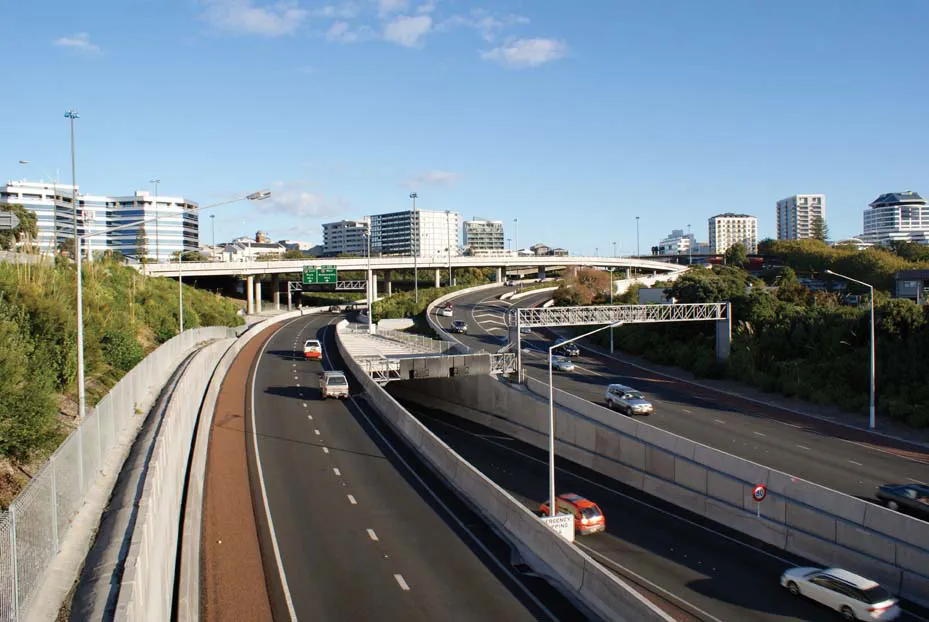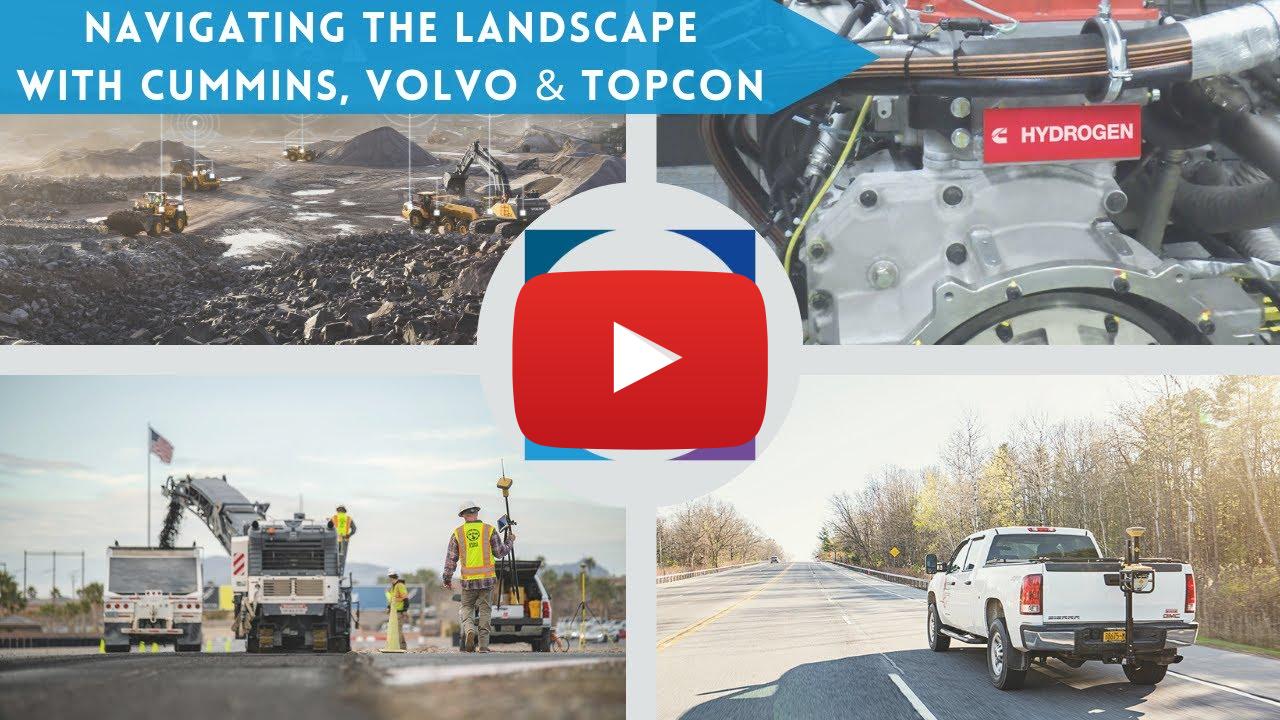Turkey recently unveiled ambitious targets towards improving its transportation infrastructure for 2023, the year the country will celebrate its 100th year anniversary as Republic of Turkey. The main means of transportation in Turkey is by highways, and the coach and bus industry has played a crucial role in passenger transportation. The recent increases in the number of airports and charter companies have made travel by plane a potential choice for passengers. However, railways have contributed rather insi
March 22, 2012
Read time: 2 mins
Turkey recently unveiled ambitious targets towards improving its transportation infrastructure for 2023, the year the country will celebrate its 100th year anniversary as Republic of Turkey.
The main means of transportation in Turkey is by highways, and the coach and bus industry has played a crucial role in passenger transportation.The recent increases in the number of airports and charter companies have made travel by plane a potential choice for passengers. However, railways have contributed rather insignificantly to passenger and freight transportation due to the insufficient and inefficient infrastructure in place.
This, in turn, also affects the efficiency of import/export to/from the country, which is emphasised as one of the biggest threats to the country’s growing economy.
This was discussed at the recent Turkey Transport Infrastructure 2011 held in Istanbul.
Additionally, through such high targets together with the newly announced/launched railway, highway, metro, tunnel projects, Turkey aims to improve the living standard in the cities by decreasing the level of intra-city congestion.
Turkey Transportation Infrastructure 2011 covered key topics surrounding the railway and highway infrastructure in Turkey including grand transportation projects such as 7Hill/7Tunnel for Istanbul; high-speed train construction between Istanbul-Konya-Ankara, and the 3rd Bosphorus Bridge.
The finance resources for such projects were discussed, while the importance of transportation infrastructure for freight transportation was emphasised.
Technical discussions covered various analysis carried out during both national and international projects, and transportation projects initiated by various metropolitan municipalities were presented to showcase successful ongoing/completed projects, and future collaboration with private sector and universities.
| Total vehicle (2001/2009) | 7,342,888 / 12,914,564* | |
|---|---|---|
| Total Road network | 64865km** | 5436km (to be constructed)** |
| Total Motorway | 2080** | 5436km (to be constructed)** |
| Total Conventional Railway | 11052km*** | 4707km (to be constructed)**** |
| Total Electrified railway | 2273km*** | 8717km (to be constructed**** |
| Total High Speed railway | 888km*** | 6792km (to be constructed)**** |
| Freight Transportation (road) | 95%* | |
| Freight Transportation (rail) | 3.5%* | 20%**** |
| Passenger Transportation(road) | 95% highway* | |
| Passenger Transportation(rail) | 3% highway* | 15%**** |
| | |
*TURKSTAT Road Motor Vehicle Statistics ** General Directorate of State Highways (01/2011)
*** General Directorate of Railways (12/2010) ****10th Turkey Transportation Summit (05/2011)








